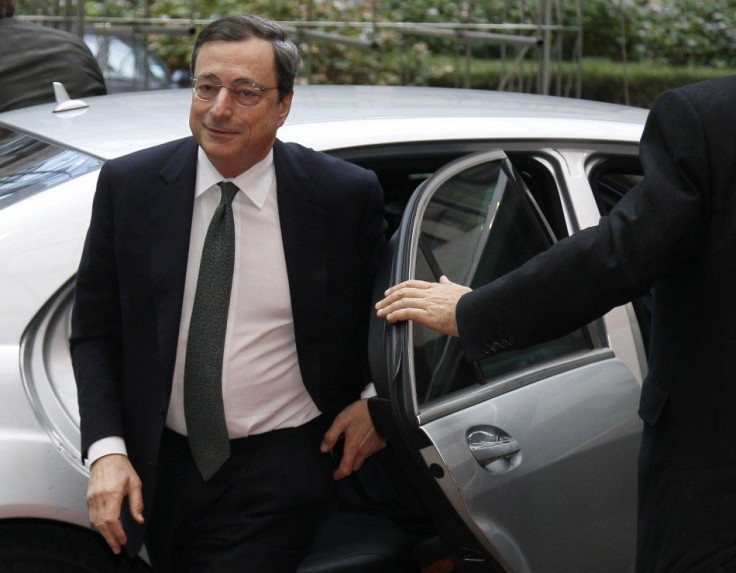Eurozone Finance Ministers Meet in Brussels to Beef Up Bailout Fund

Finance ministers of the Eurozone nations are meeting in Brussels on Tuesday to discuss beefing up the currency bloc’s bailout fund and find ways to prevent the debt crisis from spilling into the sovereign bond markets.
Specifically, officials may seek to increase the size of the European Financial Stability Facility (EFSF) to about 1trillion euros ($1.34-billion) from the current capacity of 440 billion euros ($588-billion).
BBC reported that ministers may try to boost the capacity of EFSF by offering insurance on “up to 30 percent of the value of sovereign bonds as a way of boosting demand for government debt.”
Increasing the size of the rescue fund is considered imperative given the shaky finances of Italy and Spain – two large economies that would presumably need much larger bailouts than such smaller nations as Ireland, Portugal and Greece.
The debt situation in Italy worsened on Tuesday when an auction on 10-year sovereign bonds resulted in the government paying exorbitant interest rates of 7.6 percent (well above the 7 percent ‘danger level’ and reflective of market fears that Rome’s debt burden is unsustainable.
According to the Daily Telegraph newspaper, this was the third time in just a week that Italy had to pay in excess of 7 percent in a debt auction, thereby placing more pressure on new Prime Minister Mario Monti to aggressively impose spending cuts and austerity measures.
The ministers are also likely to sanction the next tranche of emergency funding to the peripheral nations Ireland and Greece. According to reports, Ireland is unlikely to be granted any reductions in it interest rates on the loans it receives.
The urgency of Europe’s financial crisis was highlighted on Monday when U.S. president Barack Obama offered to use American resources to help the Eurozone.
Separately, Poland’s Foreign Minister has beseeched Germany to take a more dominant role in resolving the debt crisis.
Radek Sikorski said in Berlin: I will probably be the first Polish foreign minister in history to say so, but here it is. I fear German power less than I am beginning to fear German inactivity. You have become Europe's indispensable nation.
© Copyright IBTimes 2025. All rights reserved.





















